Interview with Rosanna Terminio, Managing Partner at AsecorpChina Business Consulting; Vice Chair of Human Resources Working Group at the European Chamber.
How long have you been involved with the European Union Chamber of Commerce in China (EUCCC)?
I have been involved with the European Chamber since 2011; at that time, my involvement was simply attending events and networking opportunities. In 2014, I started to become more involved in different working groups. As a personal challenge, I decided to run for the position of vice chair of the Human Resources Working Group but was not elected. This motivated me to be a more active member of the working group and the European Chamber community. In 2016, I was elected as vice chair for the first time.
What would you see as the biggest accomplishments of the Human Resources Working Group of the European Chamber in the past years?
Over the years, the Human Resources Working Group has had many accomplishments but what stands out the most for me is the commitment and passion of all the chairs, supported by our member representatives and European Chamber staff. The present team of chairs of the Human Resources Working Group has been working together for many years, alternating serving as chair and vice chair. We are a great team, working together to advocate for our member requests and bringing new ideas and topics for advocacy action, seminars and events. In my opinion, one of the biggest achievements for this working group was the clarification of the visa policy for foreigners and the introduction of a more structured process for applying for visas. Before our lobbying efforts, the visa policy and process was unclear and complicated. More recently, we have achieved increased participation from members, involving internal Human Resources, and working together with other working groups on horizontal issues. One personal contribution to bring up, in 2014, I was the first to bring to the table an emerging that could have a huge impact on the labour market and organisations: the introduction of robotics and artificial intelligence into the working environment due to technical advancements and digitalisation. This is the same trend that lead China to release its Made in China 2025 policy. Digital transition and increasing automation is now a huge topic.
What would you like to see happening with this Working Group in the future?
I hope that Human Resources (HR), not only as a working group but as an industry, will be perceived as more than a side issue or supporting function. HR should be considered as a core and relevant aspect of doing business in China. This working group has been working hard to change that [supporting function] narrative, collaborating with other working groups and staff to promote events on horizontal issues. I would like to see increased participation from member companies’ general managers and HR managers – events can he held online to increase collaboration from those based in different cities and eliminate the commute for those already in Shanghai. Companies are about people, and company leaders are also human resources, or human capital. Maybe we should change the group name to Human Capital Working Group (laughing).
How do you think COVID-19 is changing the role Human Resources plays in companies?
First, many companies, especially small and medium enterprises (SMEs), had limited their HR team to administrative and recruitment duties instead of also investing in current employee training and development. This COVID-19 crisis has required many HR teams to reinvent themselves and to collect relevant information and protection devices related to the safety and control measures requested by authorities to allow companies to go back into operation. HR must also monitor employees’ temperatures and overall compliance. Additionally, there is an important issue that is often forgotten: the emotional impact of such a disruptive event. Each individual employee is worried about his or her health, family health and conditions, the uncertainty of not being able to leave their homes or go back to work, working from home with kids and other family members, uncertainty over the future of the company, and so on. Some employees have been dismissed, others have seen their salaries cut, others have decided to not come back and their positions need to be filled again. Not all HR officers are psychologists, yet they still had to assume this important support and communication role in this kind of crisis. Some had to learn by doing. If you do not have a big HR team like most multinational firms do, it’s a big workload and HR staff are also people suffering the same emotional stress. Last but not least, HR can be a reference in this time of uncertainty for corporate culture and values; they know well the profiles of different employees and managers and can help to identify faster which are the people inside the company that can be involved in the crisis management team. But this requires that the capabilities inside an HR team are not just limited to administration functions, otherwise it will become an additional burden for the manager focused on more operational aspects of this emergency. I could write an entire article as an answer to this question. To keep it short, this situation could be a chance to rethink the strategic role of HR, not only in a crisis, but for a future which is more and more dynamic and uncertain.
What is the difference of China’s business/regulatory environment in your industry today vs. 20 years ago?
Further opening is in discussion, but up to now there is no relevant difference for foreign direct investment (FDI) in HR, training, and education industries.
How do you expect China’s business/regulatory environment will change in the next 20 years?
China will need to invest in talent, both domestic and foreign, if it wants to support the policy of technologically upgrading production, the levels of quality perceptions and—as we experienced with many defective supplies received in Europe during COVID-19—the international reputation of the ‘Made in China’ label. This has a lot to do with the management style of local firms, especially SMEs, the culture of management as a member of an international business community and the quality of domestic talent. This last issue; domestic talent, as any other future employee worldwide, will need to acquire new skills that will make him or her capable of working together with increasingly sophisticated technology and a dynamic and volatile global economy. This cannot be done without further investing in high-quality education and training. To achieve this level of education and training, international exchanges and further opening up cannot be avoided.
What value has the European Chamber brought to you/your company/your industry?
As an SME with mainly SMEs clients, my view of the business in 2011 was more limited. The opportunity to join a more international platform where I could cooperate with more senior professionals working in the same kind of company as me, but also in bigger or multinational firms, provided an important learning platform to improve myself and my company. This opened up the possibility to have more clients and work with bigger firms.
What is your favourite experience from the European Chamber?
As a Vice Chair of HR Working Group, I had the chance to join the yearly tour in Brussels where the Position Paper and the requests of EU companies in China are presented to the various commissions in Brussels. It is my favourite memory for two reasons. First, it was the first time that a representative of the HR WG joined the EU Tour, I am personally proud of this. In Brussels, the EU Tour from China is special, not only for the EU Commission but also for all the community in Brussels (think thanks, organisation, Chinese embassy, universities, etc.) revolving around EU-China relations. So, with the occasion of this tour, several other events and seminars are organised in the city and the press conference on the Position Paper is anticipated with a lot of curiosity and interest. It really feels like it is an important yearly appointment for the community in Brussels, which makes it even more worthwhile to work on the Position Paper. Second, it was my dream as a student to work for the EU Commission. Finally, I followed another more international path, which I am happy about, but I always had the desire to see the EU from the inside. For good and for bad, it was for me an amazing journey. I am a convinced Europeanist.
Do you remember the European Chamber’s first government meeting you attended, who it was with and how you were received?
The first meeting, if I remember correctly, was in 2016 and was related to the new visa policy back then. The local authorities came to the Chamber office and I was there along with other chairs.
What memories do you have from the first time you took part in the drafting of a Position Paper?
I joined as a volunteer to support the draft of changes to lobby for to improve visa application procedures, especially to clarify the requirements for working visas. It was not easy to collect all official evidence necessary to support our statements, especially because all is in Chinese. Since then, the Chinese team in my own company always joins in to support this pro-bono activity.
Do you feel that the Chinese authorities care about the Chamber’s messaging and recommendations?
I think they care in general. Priority will be given to topics that are aligned with their own targets in the central government. We are aware of that in the Chamber, so requests are written with the goal that they get considered as a priority issue. There is a lot of ‘backstage’ work before a message or recommendation is shared with the Chinese authorities. I wish our members were more active in providing comments and feedback. In the end, it’s for them.
Rosanna Terminio, Managing Partner at AsecorpChina Business Consulting; Vice Chair of Human Resources Working Group at the European Chamber
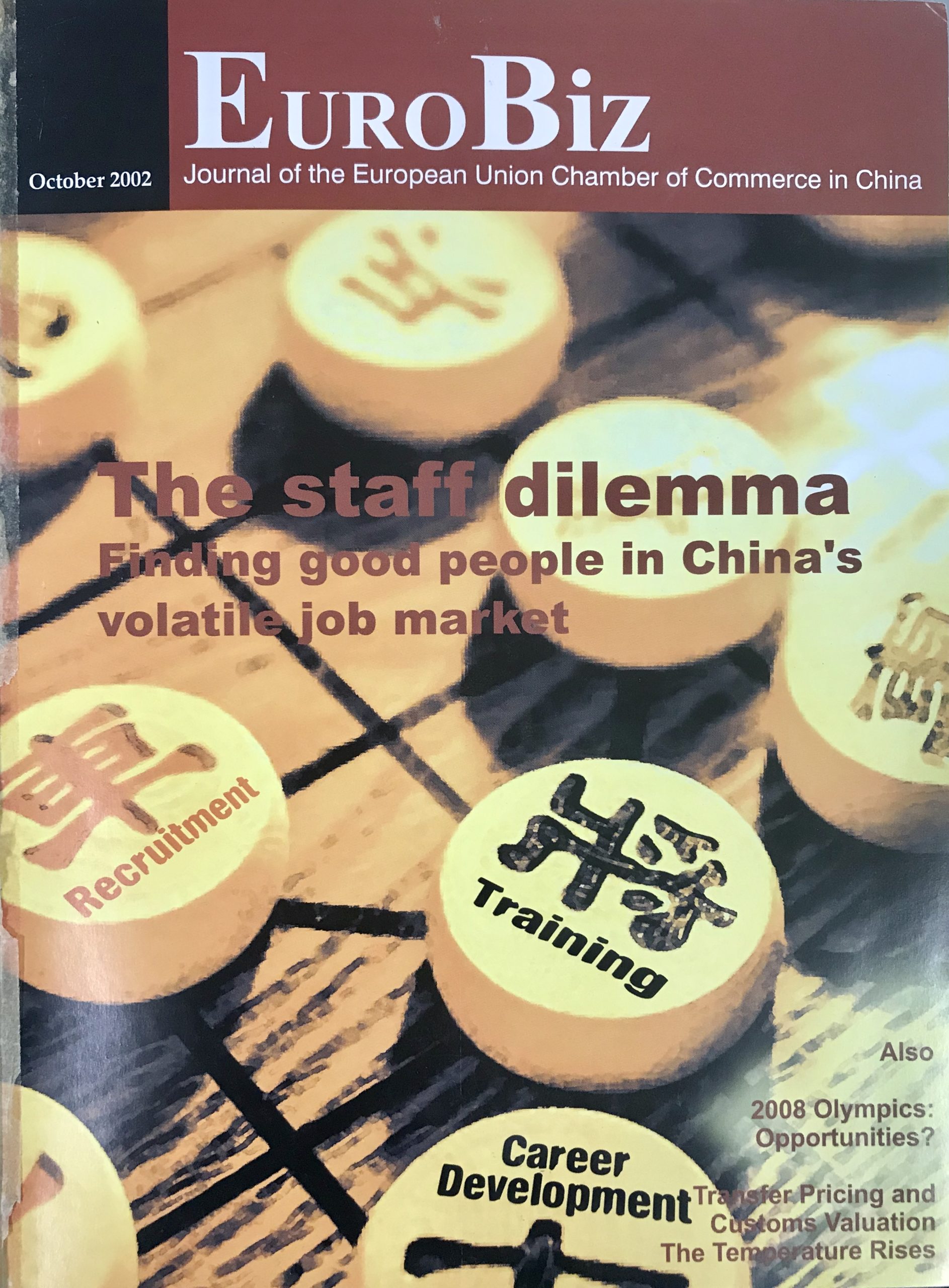
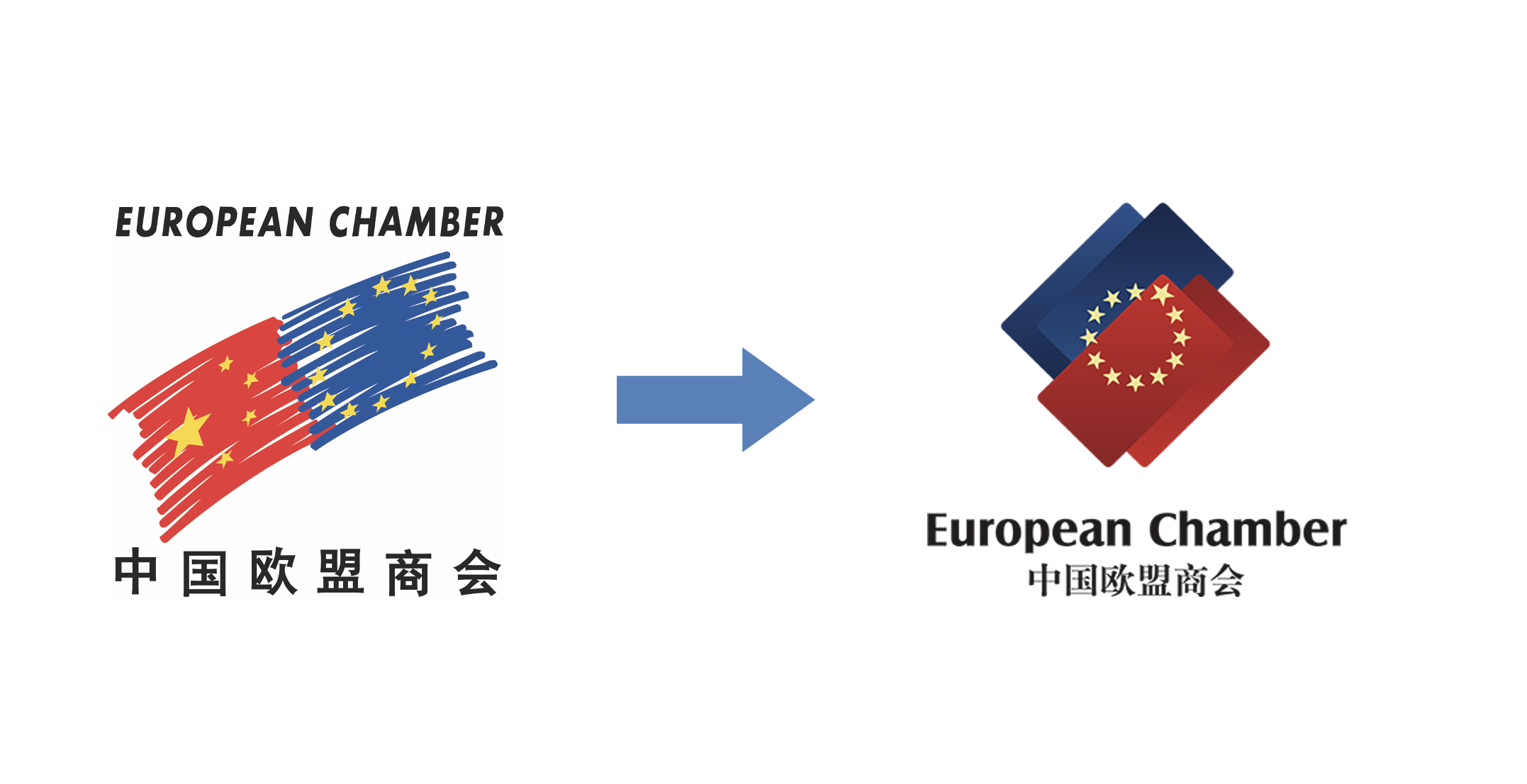
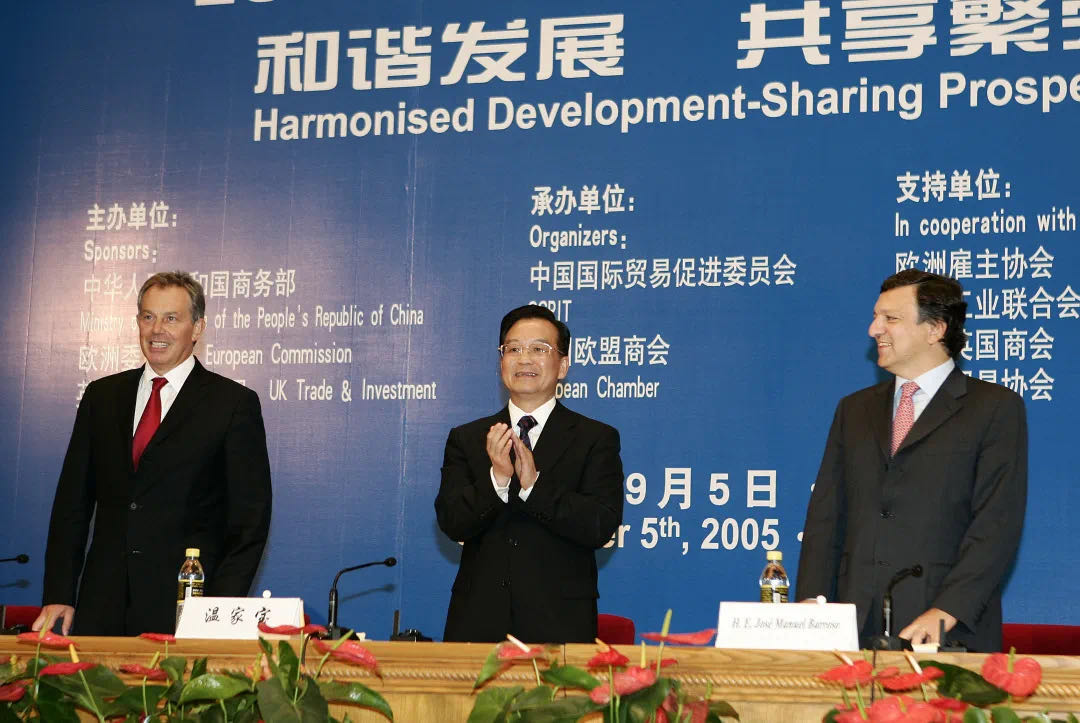
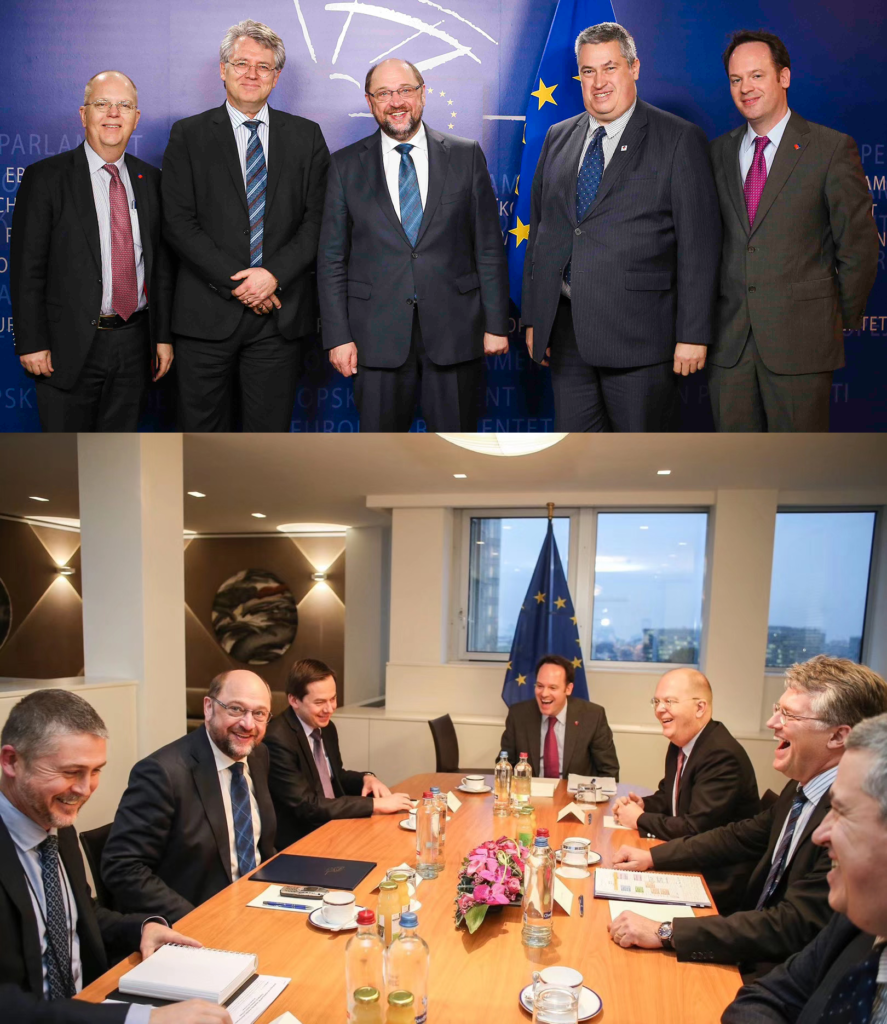
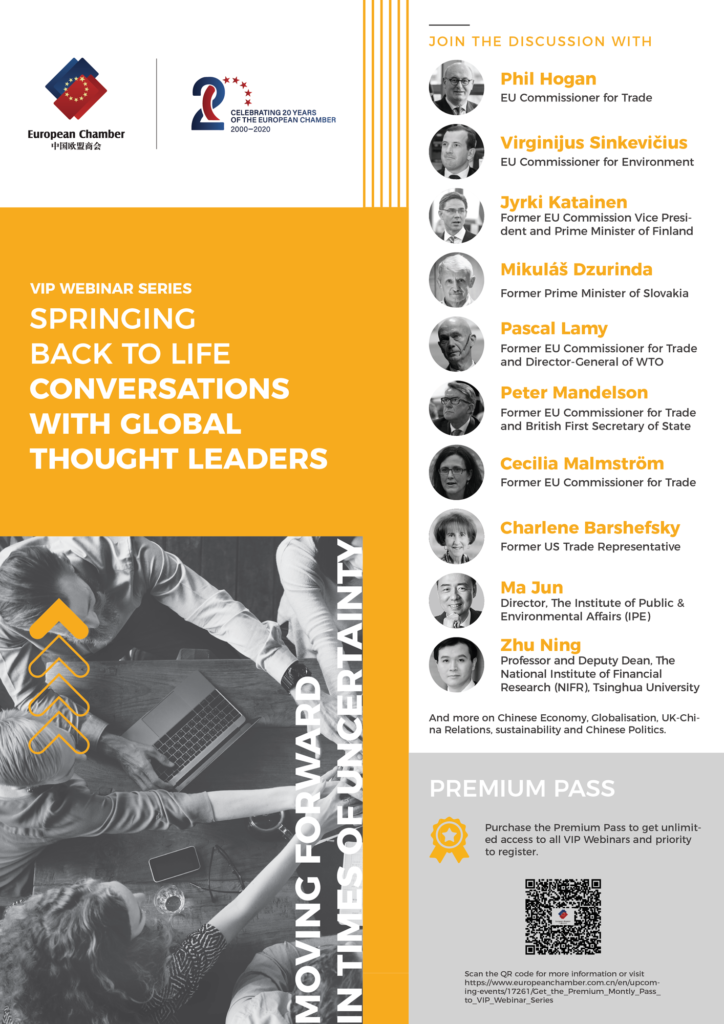
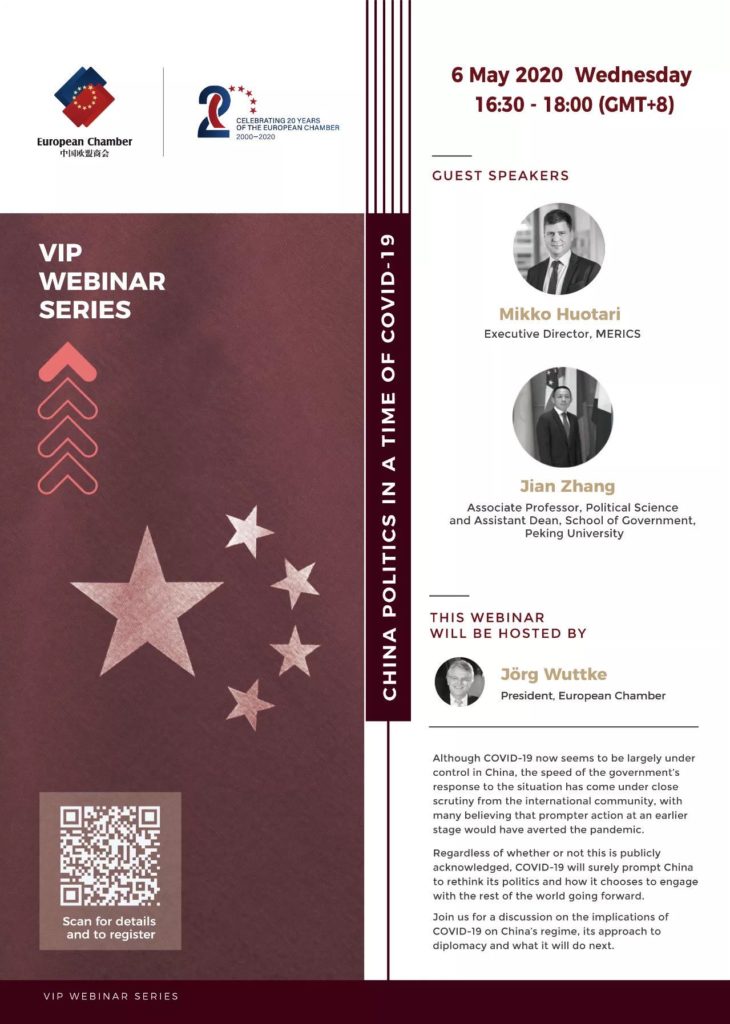
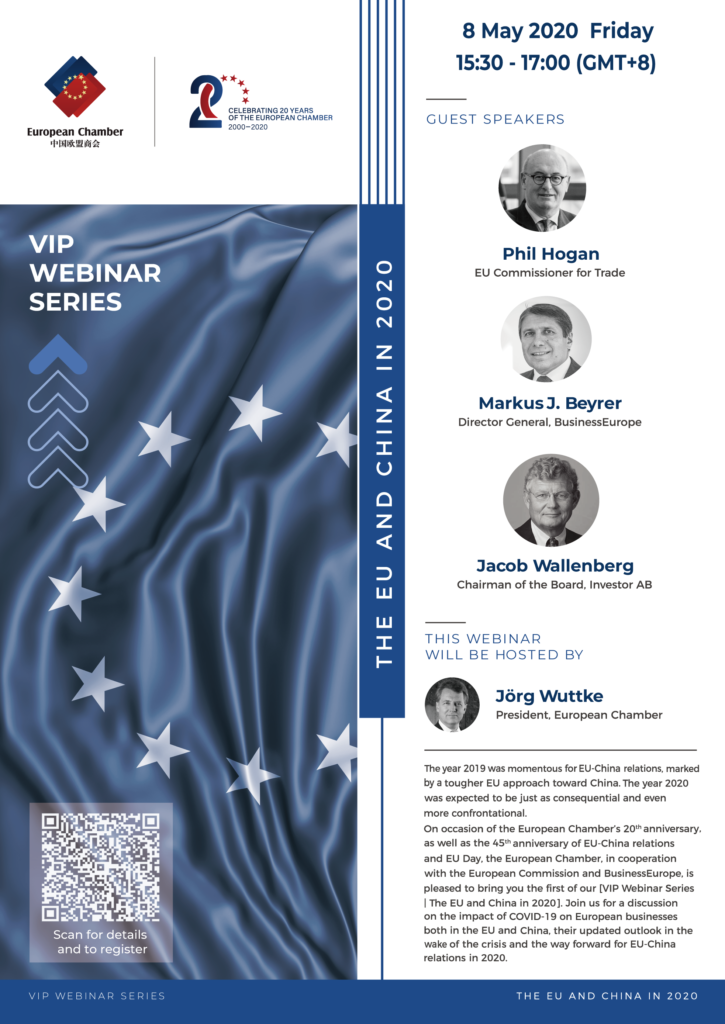
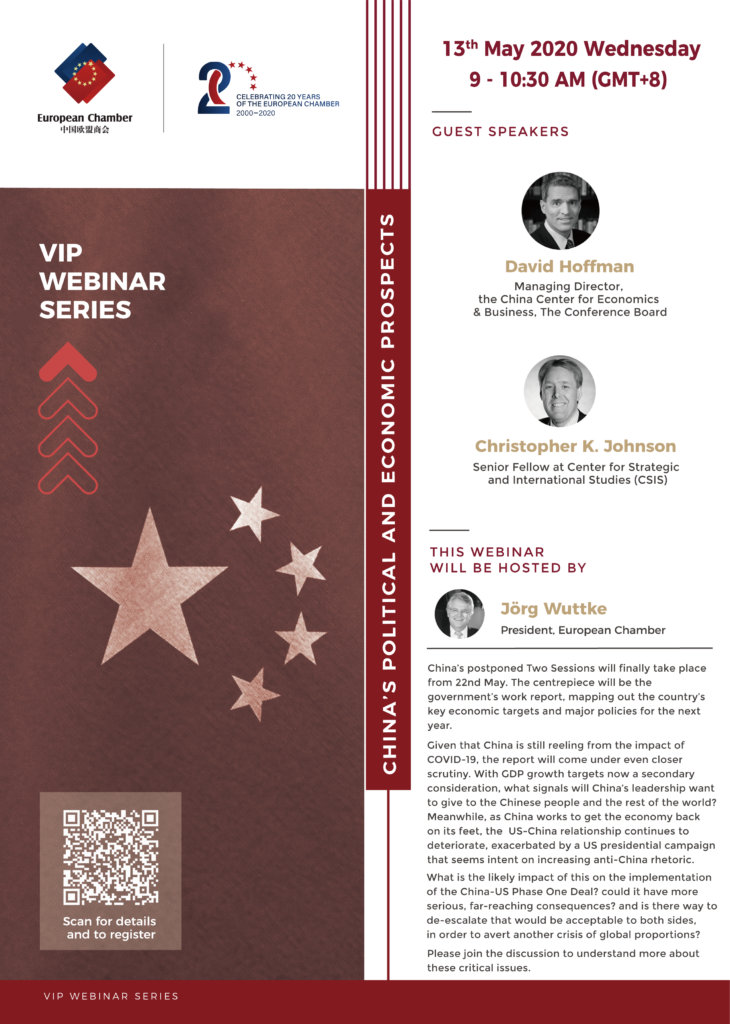
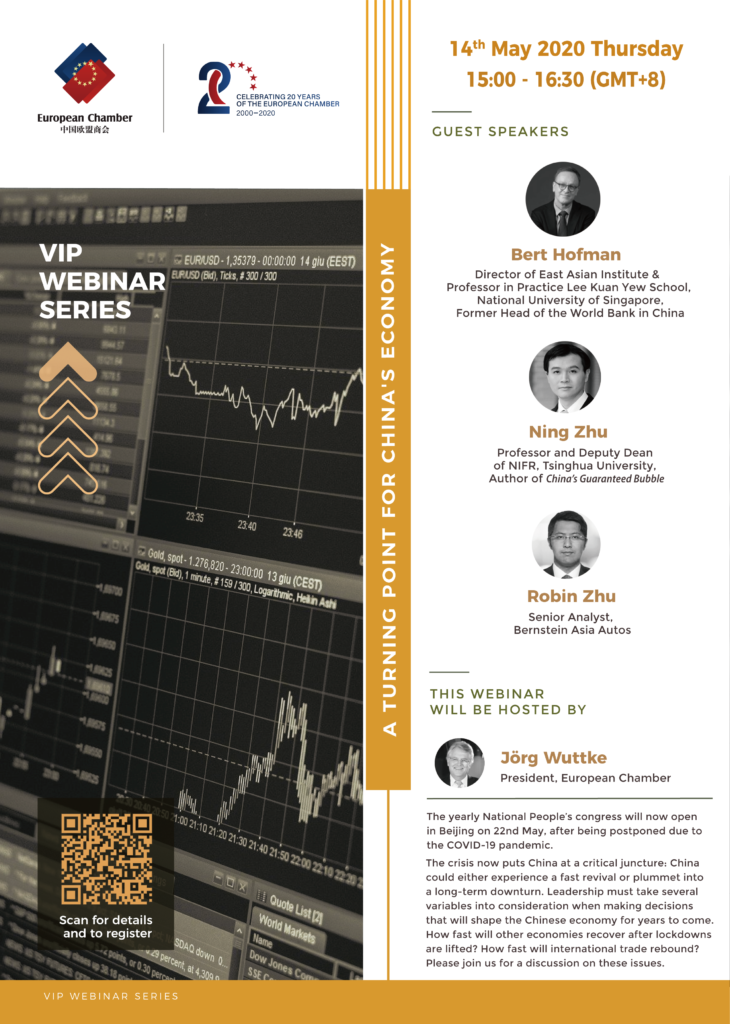
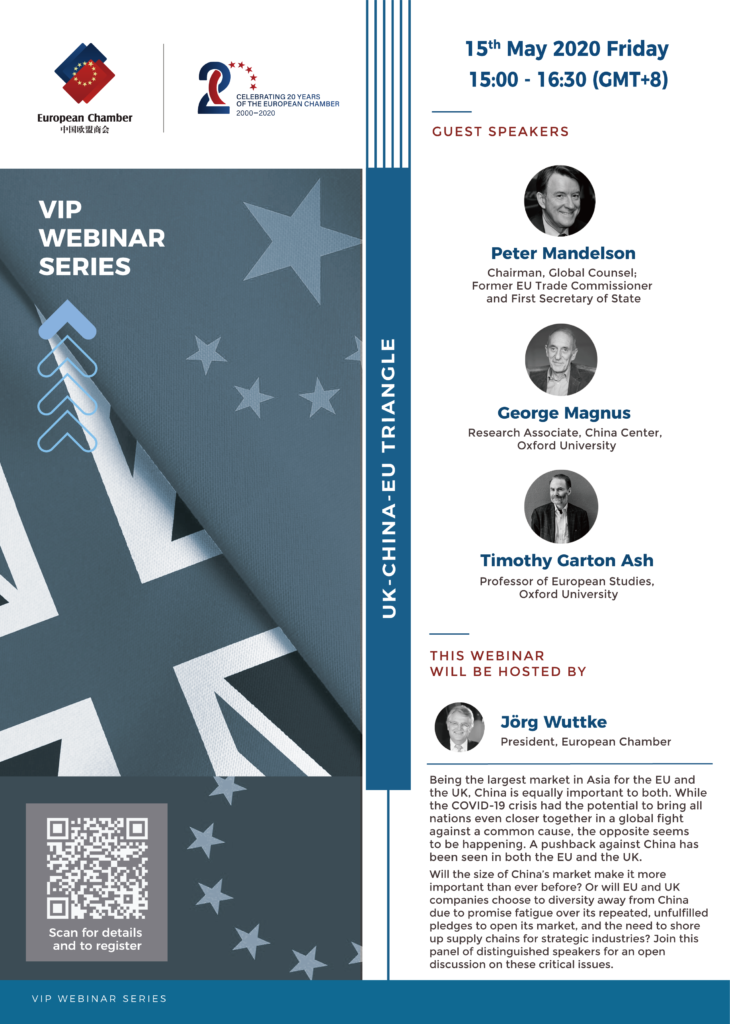
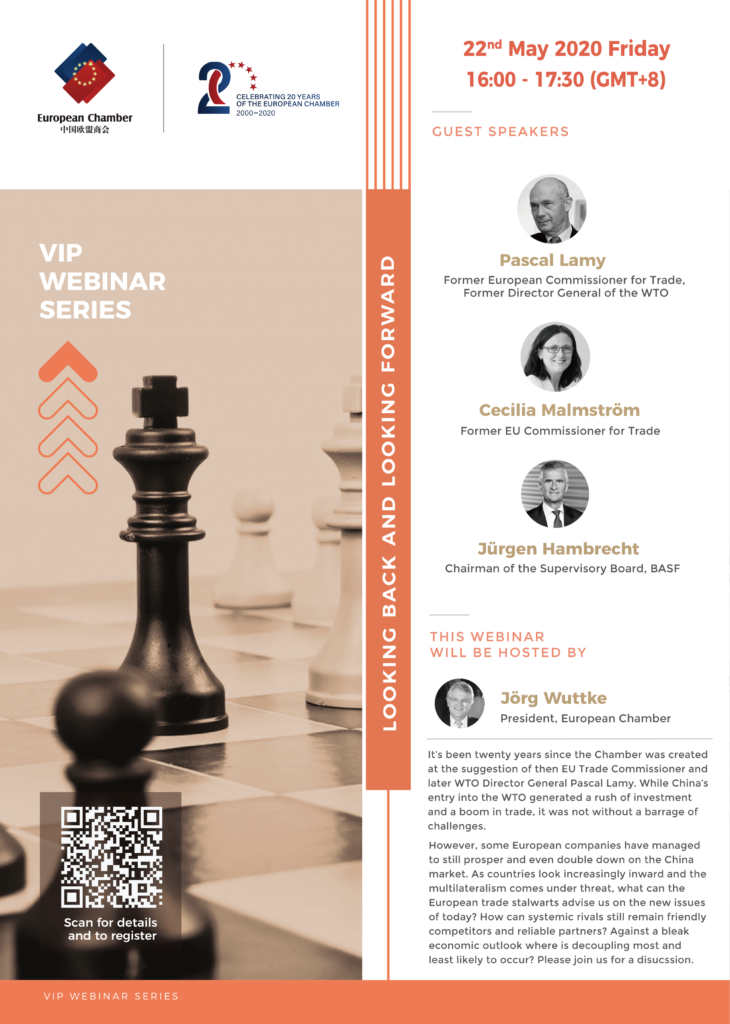
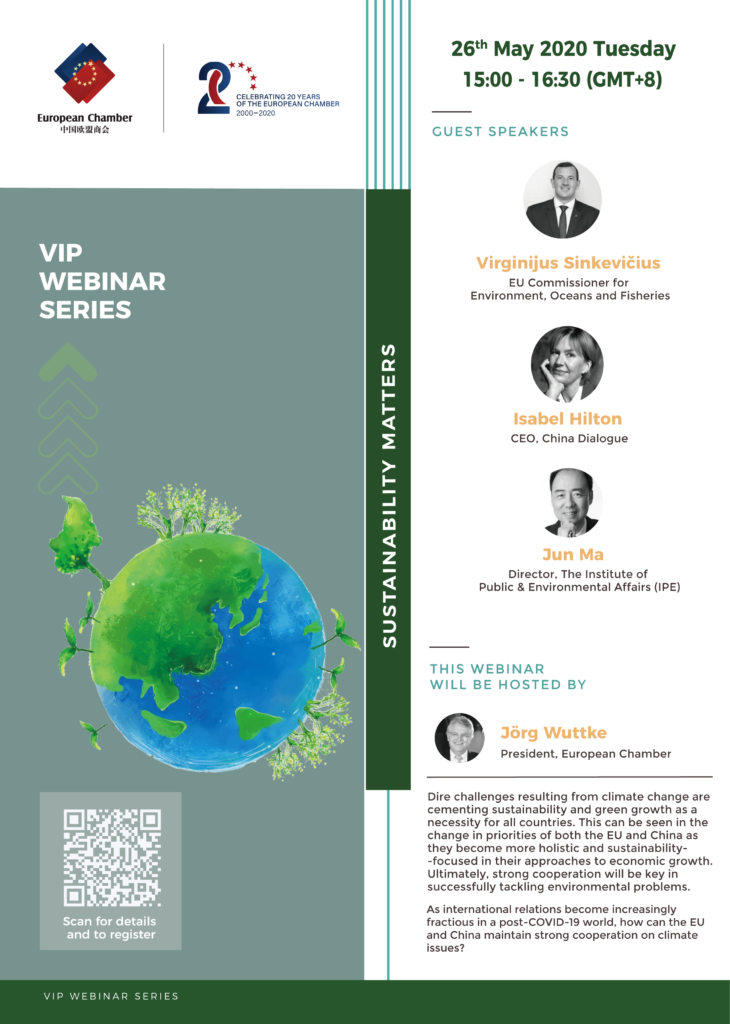
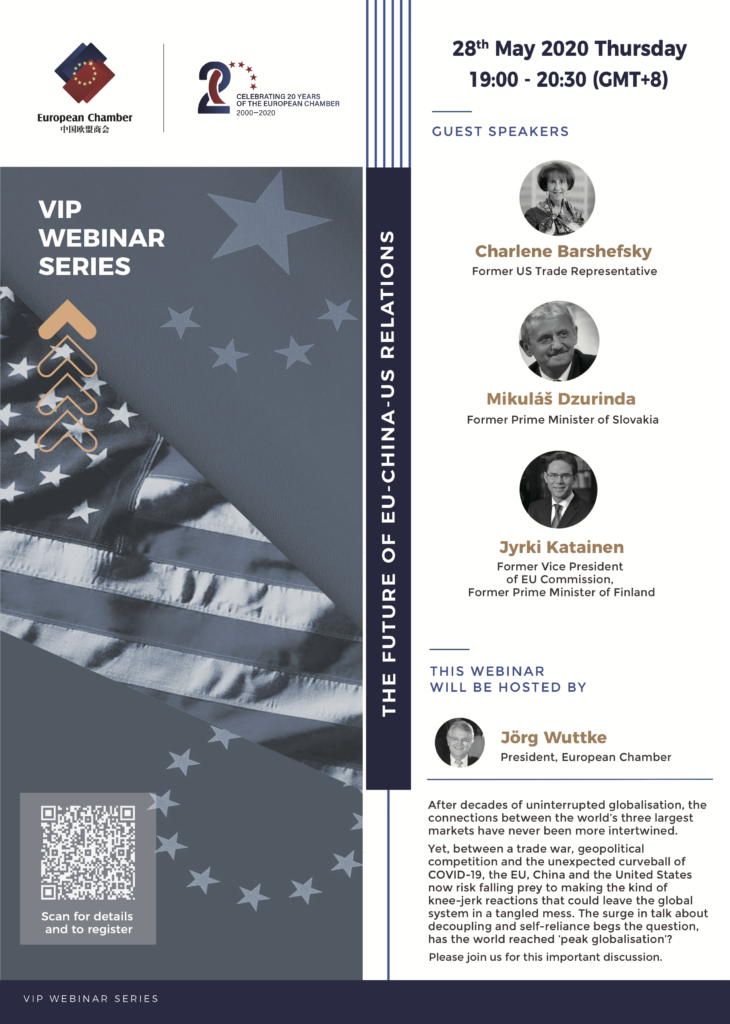
Leave a Reply